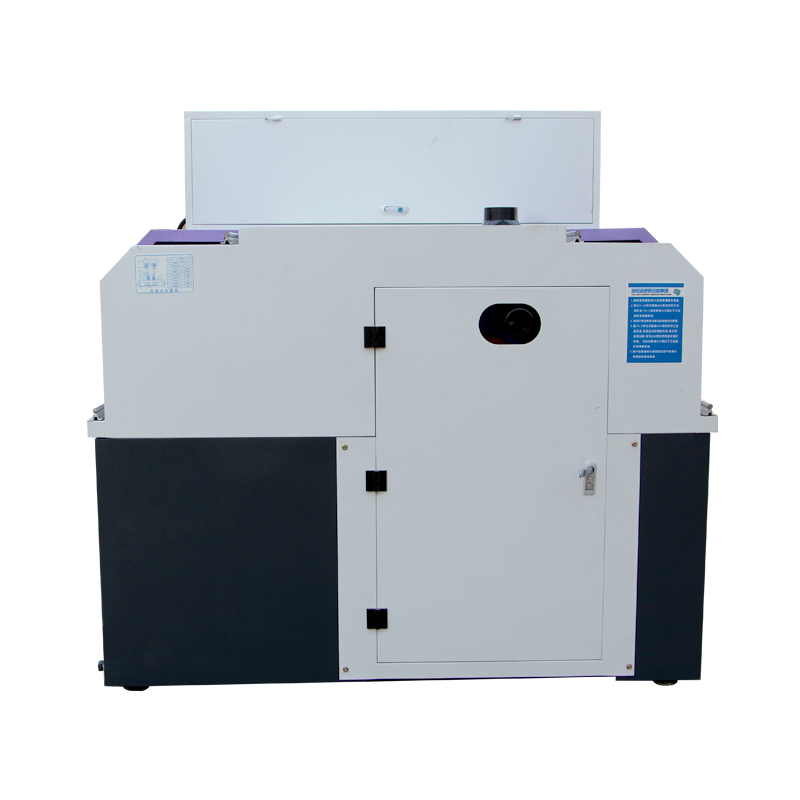
-
 Afrikaans
Afrikaans -
 Albanian
Albanian -
 Amharic
Amharic -
 Arabic
Arabic -
 Armenian
Armenian -
 Azerbaijani
Azerbaijani -
 Basque
Basque -
 Belarusian
Belarusian -
 Bengali
Bengali -
 Bosnian
Bosnian -
 Bulgarian
Bulgarian -
 Catalan
Catalan -
 Cebuano
Cebuano -
 Corsican
Corsican -
 Croatian
Croatian -
 Czech
Czech -
 Danish
Danish -
 Dutch
Dutch -
 English
English -
 Esperanto
Esperanto -
 Estonian
Estonian -
 Finnish
Finnish -
 French
French -
 Frisian
Frisian -
 Galician
Galician -
 Georgian
Georgian -
 German
German -
 Greek
Greek -
 Gujarati
Gujarati -
 Haitian Creole
Haitian Creole -
 hausa
hausa -
 hawaiian
hawaiian -
 Hebrew
Hebrew -
 Hindi
Hindi -
 Miao
Miao -
 Hungarian
Hungarian -
 Icelandic
Icelandic -
 igbo
igbo -
 Indonesian
Indonesian -
 irish
irish -
 Italian
Italian -
 Japanese
Japanese -
 Javanese
Javanese -
 Kannada
Kannada -
 kazakh
kazakh -
 Khmer
Khmer -
 Rwandese
Rwandese -
 Korean
Korean -
 Kurdish
Kurdish -
 Kyrgyz
Kyrgyz -
 Lao
Lao -
 Latin
Latin -
 Latvian
Latvian -
 Lithuanian
Lithuanian -
 Luxembourgish
Luxembourgish -
 Macedonian
Macedonian -
 Malgashi
Malgashi -
 Malay
Malay -
 Malayalam
Malayalam -
 Maltese
Maltese -
 Maori
Maori -
 Marathi
Marathi -
 Mongolian
Mongolian -
 Myanmar
Myanmar -
 Nepali
Nepali -
 Norwegian
Norwegian -
 Norwegian
Norwegian -
 Occitan
Occitan -
 Pashto
Pashto -
 Persian
Persian -
 Polish
Polish -
 Portuguese
Portuguese -
 Punjabi
Punjabi -
 Romanian
Romanian -
 Russian
Russian -
 Samoan
Samoan -
 Scottish Gaelic
Scottish Gaelic -
 Serbian
Serbian -
 Sesotho
Sesotho -
 Shona
Shona -
 Sindhi
Sindhi -
 Sinhala
Sinhala -
 Slovak
Slovak -
 Slovenian
Slovenian -
 Somali
Somali -
 Spanish
Spanish -
 Sundanese
Sundanese -
 Swahili
Swahili -
 Swedish
Swedish -
 Tagalog
Tagalog -
 Tajik
Tajik -
 Tamil
Tamil -
 Tatar
Tatar -
 Telugu
Telugu -
 Thai
Thai -
 Turkish
Turkish -
 Turkmen
Turkmen -
 Ukrainian
Ukrainian -
 Urdu
Urdu -
 Uighur
Uighur -
 Uzbek
Uzbek -
 Vietnamese
Vietnamese -
 Welsh
Welsh -
 Bantu
Bantu -
 Yiddish
Yiddish -
 Yoruba
Yoruba -
 Zulu
Zulu
Screw Thread Rolling Machine Solutions for Precision Manufacturing and Enhanced Production Efficiency
Exploring Screw Thread Rolling Machines An Essential Tool in Manufacturing
Screw thread rolling machines are vital in various manufacturing industries that require precise and efficient production of threaded components. These machines use a process called thread rolling, which is a cold-forming technique that creates threads in metal parts. This method has gained popularity due to its numerous advantages, including increased strength and improved surface finish.
Understanding the Thread Rolling Process
Thread rolling is a non-cutting manufacturing process that involves the deformation of material to create threads. Unlike traditional machining methods, which remove material to create threads, thread rolling displaces material around a rolling die to form the desired shape. This process can be performed on a variety of metals and allows manufacturers to produce threads that meet strict specifications.
There are two primary types of thread rolling cylindrical and planetary. Cylindrical thread rolling machines use flat dies, which compress the material between them to forge the thread profile. On the other hand, planetary thread rolling machines involve the use of rotating dies that travel around a workpiece, providing a more uniform thread shape and reduced material waste.
Advantages of Screw Thread Rolling Machines
1. Enhanced Strength and Durability One of the most significant benefits of the thread rolling process is the enhancement of grain structure. As the material is cold-formed, it undergoes a process of work hardening, which not only increases tensile strength but also enhances fatigue resistance. This characteristic is particularly important for applications in high-stress environments.
2. Superior Surface Finish Threaded components produced through rolling exhibit a smoother surface compared to those made using cutting methods. This smoothness reduces the need for secondary finishing processes, such as grinding or polishing, thus saving both time and costs.
screw thread rolling machine products

3. Material Efficiency The thread rolling process is known for its high material efficiency. Since it does not involve cutting away material, there is minimal waste generated during production. Moreover, manufacturers can create more parts from the same amount of raw material, which contributes to cost savings and sustainability.
4. High Production Rates Screw thread rolling machines are capable of producing large volumes of threaded components rapidly. The automation of the rolling process allows for high-speed production, making it an ideal solution for large-scale manufacturing operations where time efficiency is crucial.
5. Versatility These machines can work on various materials, including low and high carbon steels, stainless steel, and aluminum, making them suitable for a wide range of applications. Manufacturers can tailor the process to create different thread profiles, pitches, and diameters according to specific requirements.
Applications of Screw Thread Rolling Machines
The applications of screw thread rolling machines are vast and diverse. Industries such as automotive, aerospace, electronics, and construction heavily rely on threaded components to assemble their products. For example, in the automotive industry, thread-rolled fasteners like bolts and screws are critical for vehicle assembly, providing secure connections that ensure safety and performance.
Additionally, the medical industry uses thread rolling for components used in surgical instruments and implants, where precision and reliability are paramount. The energy sector, particularly oil and gas, also benefits from thread-rolled components that can withstand extreme conditions and wear.
Conclusion
Screw thread rolling machines are an essential cornerstone in modern manufacturing, offering several benefits over traditional machining methods. Their capacity to produce strong, durable, and high-quality threaded components, coupled with efficient material use and high production rates, makes them indispensable in various industries. As technology continues to advance, the evolution of thread rolling machines will likely enhance their capabilities, further solidifying their role in the manufacturing landscape. In a world that constantly demands precision and efficiency, investing in screw thread rolling technology is a strategic move for manufacturers aiming to stay competitive and innovative.
